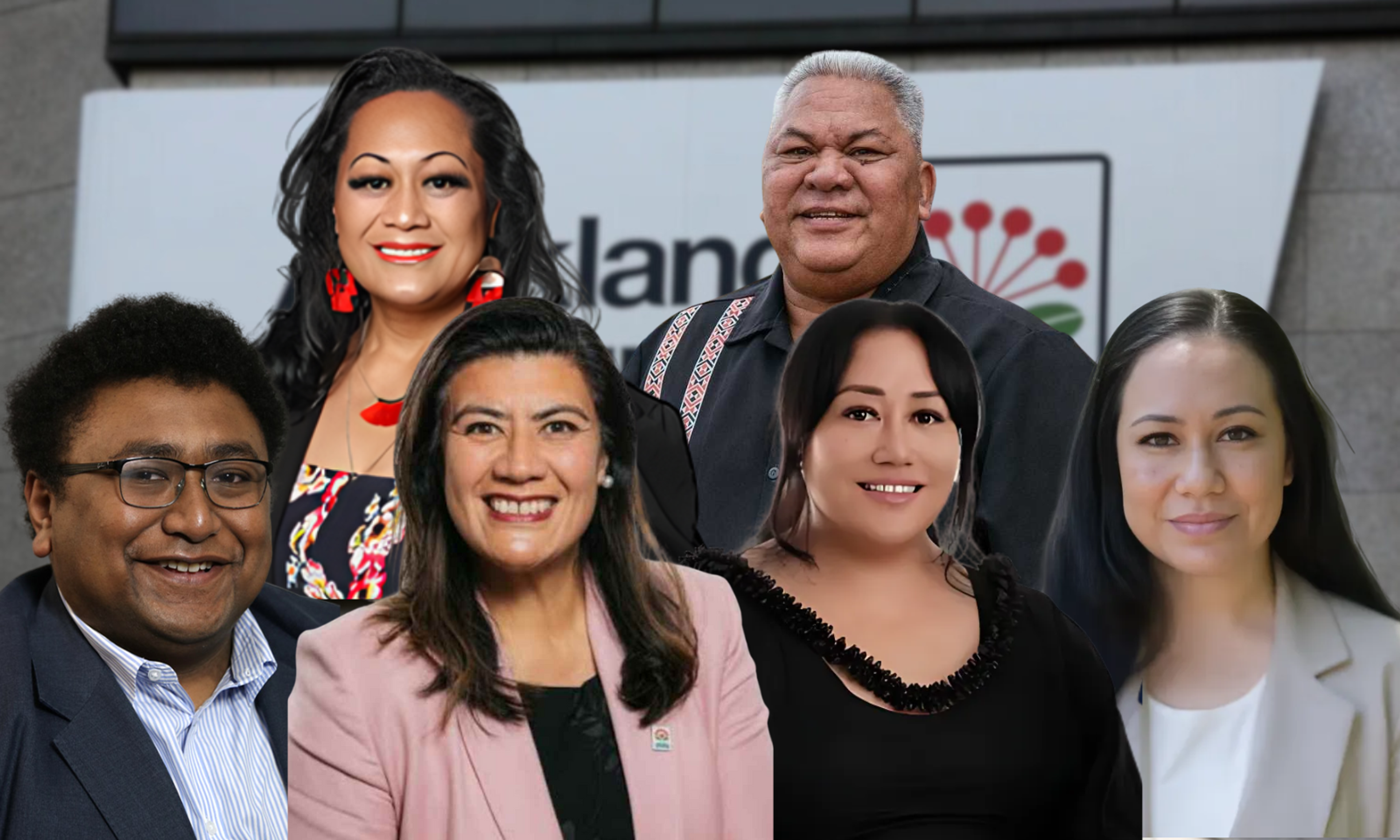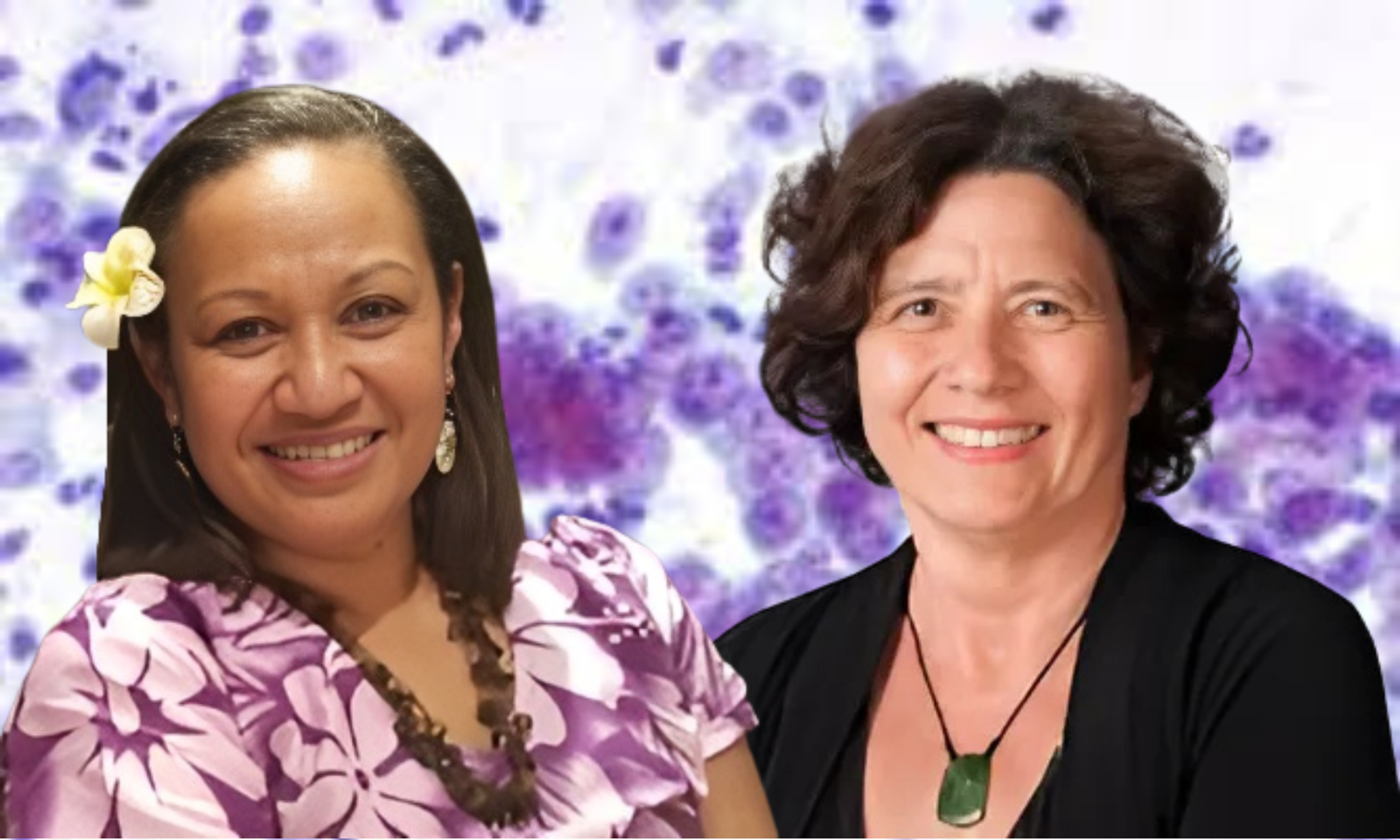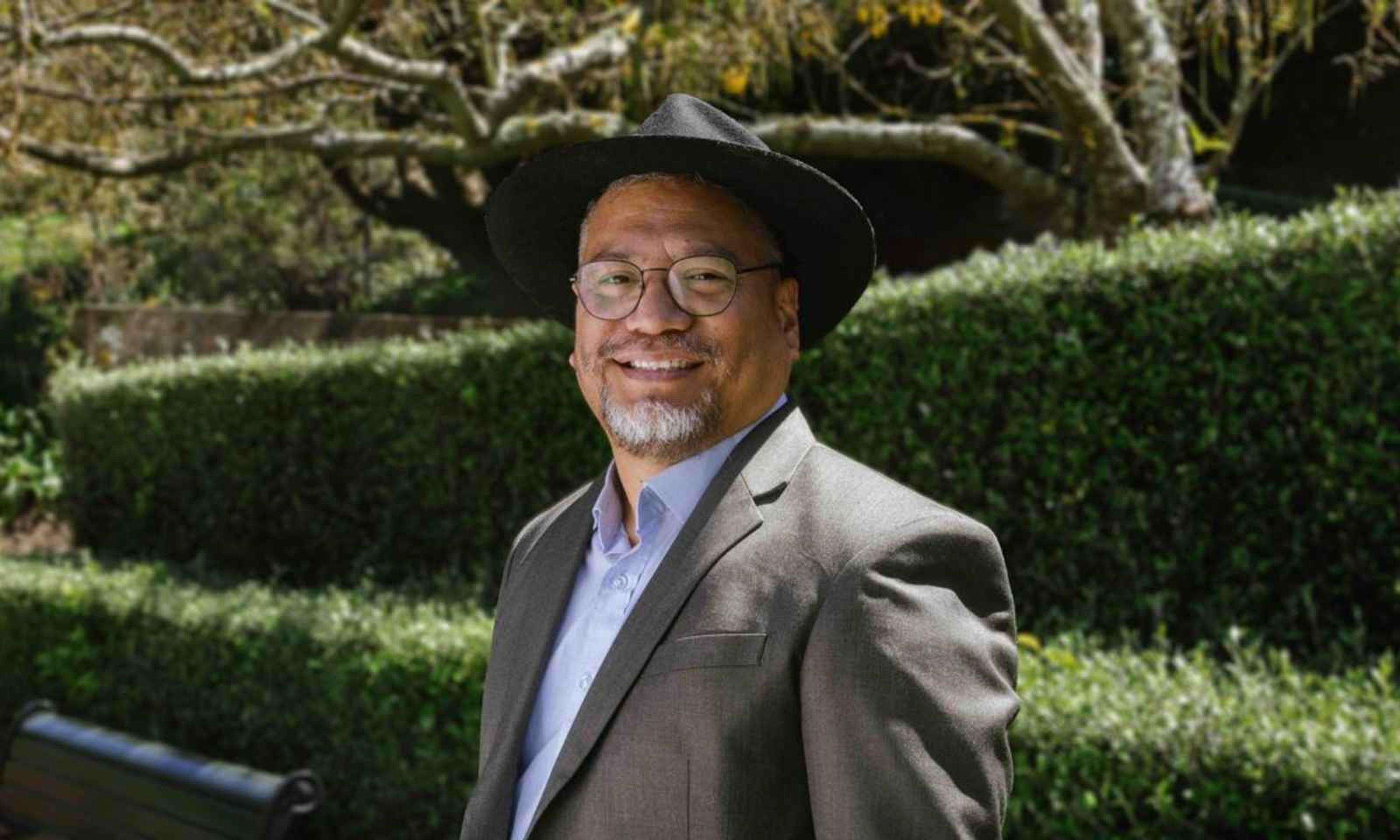

Retail NZ CEO Carolyn Young. Photo /Retail NZ
Is the govt’s new crime-combatting advisory group a ‘talkfest’ or new hope?
Retail NZ’s CEO Carolyn Young hopes the government walks the talk behind their new group set to reduce victims of crime, which will cost $1.8 million annually.




‘NZ couldn’t do the basics’: Green Party MP says the Gaza flotilla reflects a cry for action

Pacific candidates clash and converge on future of South Auckland



‘NZ couldn’t do the basics’: Green Party MP says the Gaza flotilla reflects a cry for action
Retail New Zealand says it’s concerned the government's new Retail Crime Ministerial Advisory Group, which aims to combat crime, is a reactionary measure rather than a preventative one.
The government announced last week the group would be led by chair of the dairy and business owners group, Sunny Kausha.
The group will also engage with victims, workers, business owners, retail experts, and advocacy groups to address urgent retail crime over the next two years.
Retail NZ Chief Executive Officer Carolyn Young told Pacific Mornings’ William Terite that although they welcomed any work in combating crime, preventative measures must be prioritised.
"We don't want to be reacting to crime that's in our stores," Young said.
"We want to have preventive measures, tools, and resources that can make sure we're not seeing the high levels of crime that we're seeing right now.”
Watch the full interview via 531pi’s FB below:
Justice Minister Paul Goldsmith, who announced the group alongside Associate Justice Minister Nicole McKee, said it would cost $1.8 million a year for at least two years, mostly funded by the Proceeds of Crime Fund.
Goldsmith said retail crime of all types increased by 86 per cent over five years, alongside "very concerningly, a 72 per cent increase in sexual assault-related offences at retail locations".
“Around 230,000 New Zealanders work in the retail sector, with increasing numbers experiencing the personal and economic impacts of violent and theft-related crimes," Goldsmith said.
Young said crime in the media was a slither of the wider reality of crime, adding that contrary to those pointing towards the cost-of-living crisis stress, it was more about organised crime.
"Going in and assaulting staff and taking what they can. So, the cost of living does not feature in 98 per cent of the crime."
Young said a person struggling to feed their family wouldn't steal "trolley loads" of meat worth hundreds of dollars, but that they'd aim for more discretion, like a loaf of bread or cans of food.
She added, having spoken with supermarket staff, that they typically gave those individuals some food and connected them with a food bank.
"I was talking to a journalist, who was looking into youth crime, who had seen someone 11 years old had been picked up for breaking into a vape store at 1:30am.
"An 11-year-old didn't come across that idea. What were they going to do with those goods? I guarantee someone instructed them to do that.
"This is about organised crime and people wanting to steal for a living. It's really gotten out of hand."
Minister McKee said they were running a "targeted expression-of-interest process" to shape the advisory group effectively with the correct skills and experience.
She added that the group would ensure 20,000 fewer victims of violent crime by 2029 including reducing serious youth offending by 15 per cent.
Labour’s Justice spokesperson, Duncan Webb, criticised National for campaigning on tackling crime yet the “best they can do'' was produce a two-year advisory group.
Webb added that crime was an urgent issue that required an equally urgent solution, which the new group was not.
“That $2.6 million could be spent on crime prevention, supporting victims, rehabilitation and stopping reoffending right now,” he said.
“Just saying you’ll be tough on crime doesn't stop crime. We need evidence-based solutions that work, so it’s time to stop playing politics and start working together to build a safer community.”
As for Young, she said she hoped this wasn't just a "talkfest", as NZ could not afford to waste $1.8 million, and that "we have to see some action".
She said they had worked with the Police Commissioner, met with the Minister of Police and Justice several times, and analysed the legislation - all in a bid to help the retail sector.
"So, hopefully, this advisory group will lean into work that we're already doing.
"We don't want to see violence on violence, I don't think that's the answer.
"We need to make sure our stores are safe, that we use technology to support that, and that we as a community and society look at addressing what the issues are.”